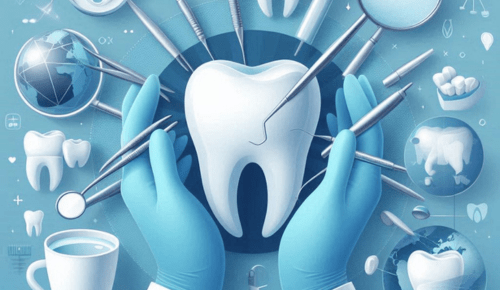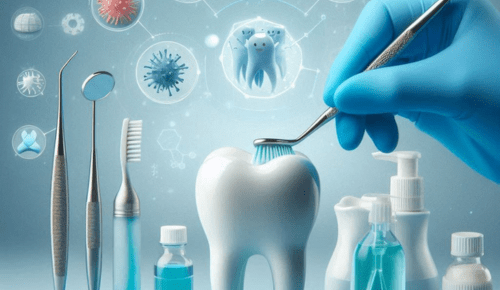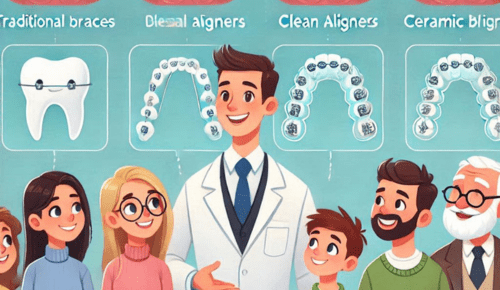Keeping your family’s smiles bright begins with preventive care. You understand the importance of maintaining healthy teeth and gums. By prioritizing regular check-ups and cleanings, you reduce the risk of cavities and gum disease. This is where gentle dental care in Metairie makes a difference. When you choose prevention, you choose comfort and lasting health. Regular visits catch small issues before they become big problems. You also learn how to improve your daily brushing and flossing. Create a routine that involves everyone in the household. A healthy smile boosts confidence and well-being. It’s about keeping you and your loved ones happy and healthy. Encourage your children to follow good habits from an early age. Make every appointment an opportunity for education and bonding. Preventive care builds a foundation for strong, healthy teeth that last a lifetime. By taking action today, you ensure a brighter future for your family.
The Importance of Routine Dental Visits
Regular dental visits are not just check-ups. They are an opportunity to prevent future issues. The American Dental Association recommends visiting the dentist at least twice a year. During these visits, dentists identify potential problems like cavities and gum disease early. Early detection means simpler and less costly treatment.
The Role of Daily Oral Hygiene
Brushing and flossing daily is fundamental. These basic practices remove food particles and plaque. Plaque, if left unchecked, leads to decay and gum disease. Commit to brushing twice daily and flossing once. Use fluoride toothpaste and a soft-bristled toothbrush for effective cleaning.
Nutrition and Dental Health
What you eat affects your teeth. Sugary and acidic foods weaken enamel. Encourage your family to eat a balanced diet. Include fruits, vegetables, whole grains, and lean proteins. Drink plenty of water. Water washes away food particles and bacteria. The USDA’s ChooseMyPlate offers guidance on balanced nutrition.
Comparing Preventive and Reactive Dental Care
Preventive and reactive care differ significantly in impact and cost. The table below summarizes the key differences:
| Aspect | Preventive Care | Reactive Care |
| Focus | Preventing problems | Treating existing problems |
| Cost | Lower overall | Higher, due to treatment needs |
| Time Involved | Regular, short visits | Irregular, longer visits |
| Outcome | Maintains oral health | Repairs damage |
Creating a Family-Friendly Dental Routine
Make dental care a family activity. Designate specific times for brushing and flossing. Use timers or songs to ensure thorough cleaning. Teach your children proper brushing techniques early. Make dental visits a positive experience. Praise cooperation and bravery. Build a reward system for good dental habits.
The Role of Fluoride and Dental Sealants
Fluoride strengthens enamel. Many communities have fluoridated water. If yours does not, ask your dentist about supplements. Dental sealants are another preventative tool. Sealants protect molars from decay. The Centers for Disease Control and Prevention support the use of sealants in children.
Addressing Dental Anxiety in Children
Some children fear dental visits. Address their concerns with empathy. Explain procedures in simple terms. Consider a pediatric dentist who specializes in child care. These professionals create a welcoming environment. They often use child-friendly language and equipment.
Conclusion
Preventive care is the cornerstone of a healthy smile. By making regular visits, maintaining daily hygiene, and considering your diet, you ensure your family’s dental health. This proactive approach saves time and money in the long run. Most importantly, it keeps those smiles bright and confident. Start today by making dental health a family priority.




